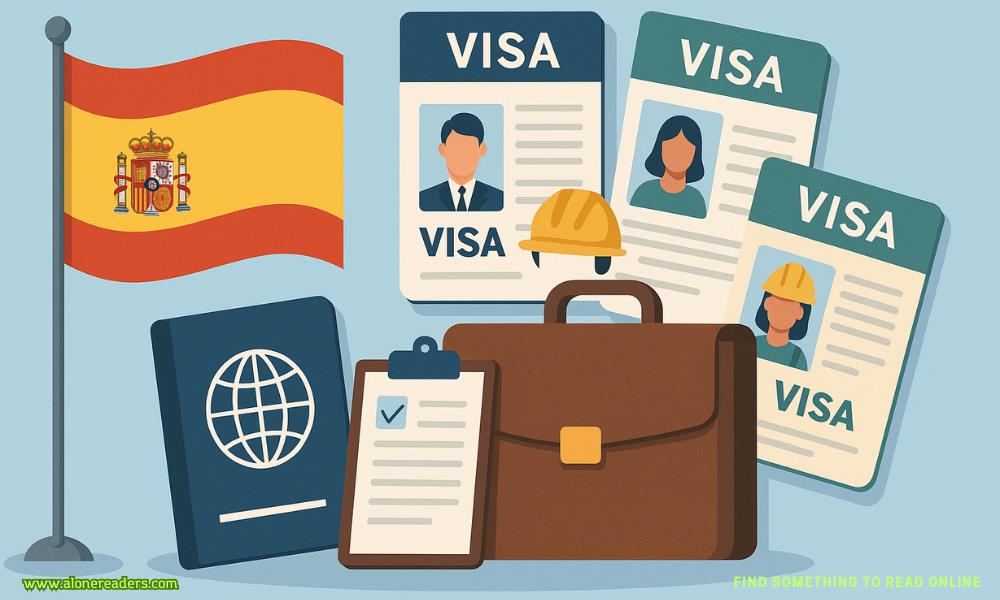Page 41 of The Team
Just then, Morley from Alpha Two spoke into Jay’s earpiece on the team’s open comm. “Basement three is all clear.”
When Jay got into the lab, he saw it was sectioned off into large white rooms with glass partitions. Lab gear filled almost every workspace; safety signs hung on walls. It was temperature-controlled and very high-tech.
Jay could see Coyote and Chen, and Yin and Azraelthrough the glass partitions, searching. “All clear,” they called in turn.
Rhett had three people, two men and one woman, on their knees, hands on their heads. He held his EF88, his finger on the trigger guard. “I will ask you again. Where is Askarov?”
The woman was crying, the younger man looked pale, but the older man shook his head. “He’s not here,” he said, accent thick. “He did not come today. Called sick. We are scientists. Research only. I don’t know what you’re looking for.”
“There’s a vault,” Yin called out. “Thumbprint access only.”
“Only Doctor Askarov can open it,” the scientist said quickly, as if Rhett was about to start cutting off thumbs. “We do not have access.”
Rhett looked at Echo. “Take care of that vault, but donotopen the door.”
Echo raced toward Yin and Rhett turned his attention back to the scientists. “What’s in the vault?”
“I don’t know,” the man said, shaking his head, panicking. “Samples. Tests. Doctor Askarov is the only one who knows.”
“What do you know about mycotoxin-based bioweapons?”
The older man looked up at Rhett then, brow furrowed, confused, horrified, until he seemed to realise... He paled and swallowed hard. “Nothing specific, I... I... we don’t... we can’t make that here. Is that what you think? Why you’re here?” He grew paler still, his mouth a thin line. “We’re not terrorists. We’re scientists. Doctors. Research.”
“Research on what?” Rhett asked.
“Cancer,” he said. “Specifically, how mitochondrial respiration malfunctions and increased glycolysis are observed in cancer cells and... oh.”
Then the man seemed to realise something. His mouth worked but he said nothing else, shrinking back a little.
That had Rhett’s attention. He stepped forward. “And? What else?”
“And the effect certain secondary metabolites have on biochemical and molecular mechanisms of tumour cells. It has been considered defective in mitochondrial respiration due to their dominant glycolytic metabolism, but we?—”
“What does that mean?” Rhett yelled, out of patience.
“Mycotoxins,” Jay said.
Rhett spun around. “Echo, do not open that door.” Then he spoke into his radio. “Lab is secure. Confirmed to have some kind of fungal toxins. Gonna need a hazmat team down here?—”
The older scientist shook his head. “It is safe here. There is no risk of exposure or contamination. We wear no masks. We can’t do what you want here. You need specialist equipment. We don’t have that here.”
“We don’t want it,” Rhett said. “We want to stop it. Do you understand?”
The man nodded, aghast. And for what it was worth, Jay believed him.
“Wheredoeshave the equipment to make it?” Rhett asked him. “Where could Askarov have access to that?”
Just then, the men from Alpha Two ran in. “Basements one and two are clear. Building has been cleared of all civilians.”
“Vault is unlocked but not open,” Echo called out.
“It is safe,” the older man murmured. “We would never...”
Then the woman looked up. Her face was tear-streaked, her chin wobbled. “Askarov. I hear him speak on phone,” she said, her English broken. “I not mean to hear. He not see me. He talk to I don’t know. He say Rotech.”
“What is that?” Rhett asked. “A person? A place?”
Then Yin was there. He holstered his EF88 and knelt down in front of her. He took her hand and spoke to her gently in Farsi. Jay was no expert, but he guessed Yin’s Farsi was as broken as her English, but then he looked up at Rhett.
- Greek’s Christmas Heir by Caitlin Crews
- Step-Tease by Dani Wyatt
- Claimed By the Deputies by Kai Lesy
- Spank Me, Daddy by J. Snow
- The Pakhan's Sold Bride by Deva Blake
- Blazing Embers by Kat Steele
- The Rockstar by Lena Little
- Ball Buster by Glenna Maynard
- Vacation with the Ice Queen by Emily Hayes
- Wrecker by Fiona Davenport
- The Prince of Power by Skyler Mason
- Devil's Claim by Piper Stone
- That Time I Accidentally Became A Serial Killer by Rebekah Sinclair
- Feral: Part One by N. Slater
- Dominion by L.K. Reid
- Claimed and Bred By the Bratva by Jailaa West







